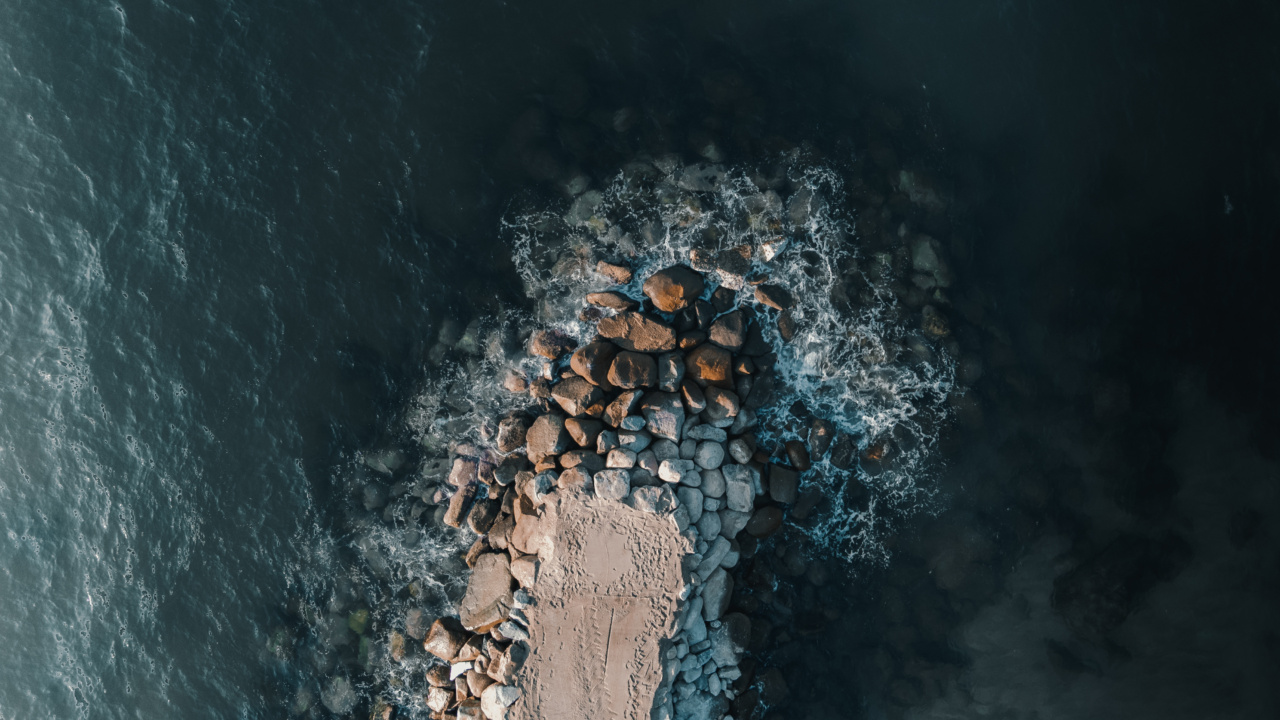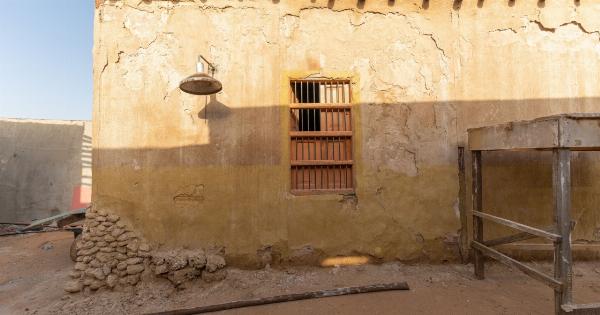Kidney stones are a common medical condition that affects millions of people worldwide. However, there are many misconceptions about kidney stones that can lead to confusion and anxiety for those who may be affected by this condition.
Here are 7 misconceptions about kidney stones that you should know:.
Misconception 1: Only Men Get Kidney Stones
While it is true that men are more likely to get kidney stones than women, women can still get them, especially after menopause. Women are more likely to get smaller stones than men, but they can be just as painful.
Misconception 2: Drinking Milk Causes Kidney Stones
Some people believe that drinking milk or consuming other calcium-rich foods can lead to kidney stones. However, this is not true. Calcium is an essential mineral that helps your body build strong bones and teeth.
In fact, consuming calcium can actually help prevent kidney stones from forming.
Misconception 3: All Kidney Stones are the Same
There are different types of kidney stones that vary in size, shape, and composition. Some stones may be small enough to pass through your urinary tract without causing any pain, while others may require medical intervention.
Misconception 4: Drinking More Water is Not Helpful
Drinking more water is actually one of the most effective ways to prevent kidney stones from forming.
When you drink enough water, your urine becomes less concentrated, which makes it less likely for minerals and other substances to form crystals and stones in your kidneys.
Misconception 5: Pain is Only Felt in the Kidneys
While kidney stones do form in the kidneys, the pain associated with them can be felt in other areas as well. When a stone moves through your urinary tract, it can cause pain in your lower back, abdomen, and groin area.
Misconception 6: Surgery is Always Required to Remove Kidney Stones
Depending on the size, location, and composition of the kidney stone, surgery may or may not be required to remove it. In many cases, smaller stones can be passed naturally with the help of medication and increased water intake.
Misconception 7: Only Older People Get Kidney Stones
While it is true that kidney stones are more common in older adults, they can occur at any age. In fact, younger adults and even children can develop kidney stones, especially if they have a family history of the condition.
Conclusion
Kidney stones are a common medical condition that can affect anyone. While there are many misconceptions about kidney stones, it is important to separate fact from fiction and understand the best ways to prevent and treat this condition.
By drinking plenty of water, eating a healthy diet, and staying active, you can reduce your risk of developing kidney stones and lead a healthy and active lifestyle.






























